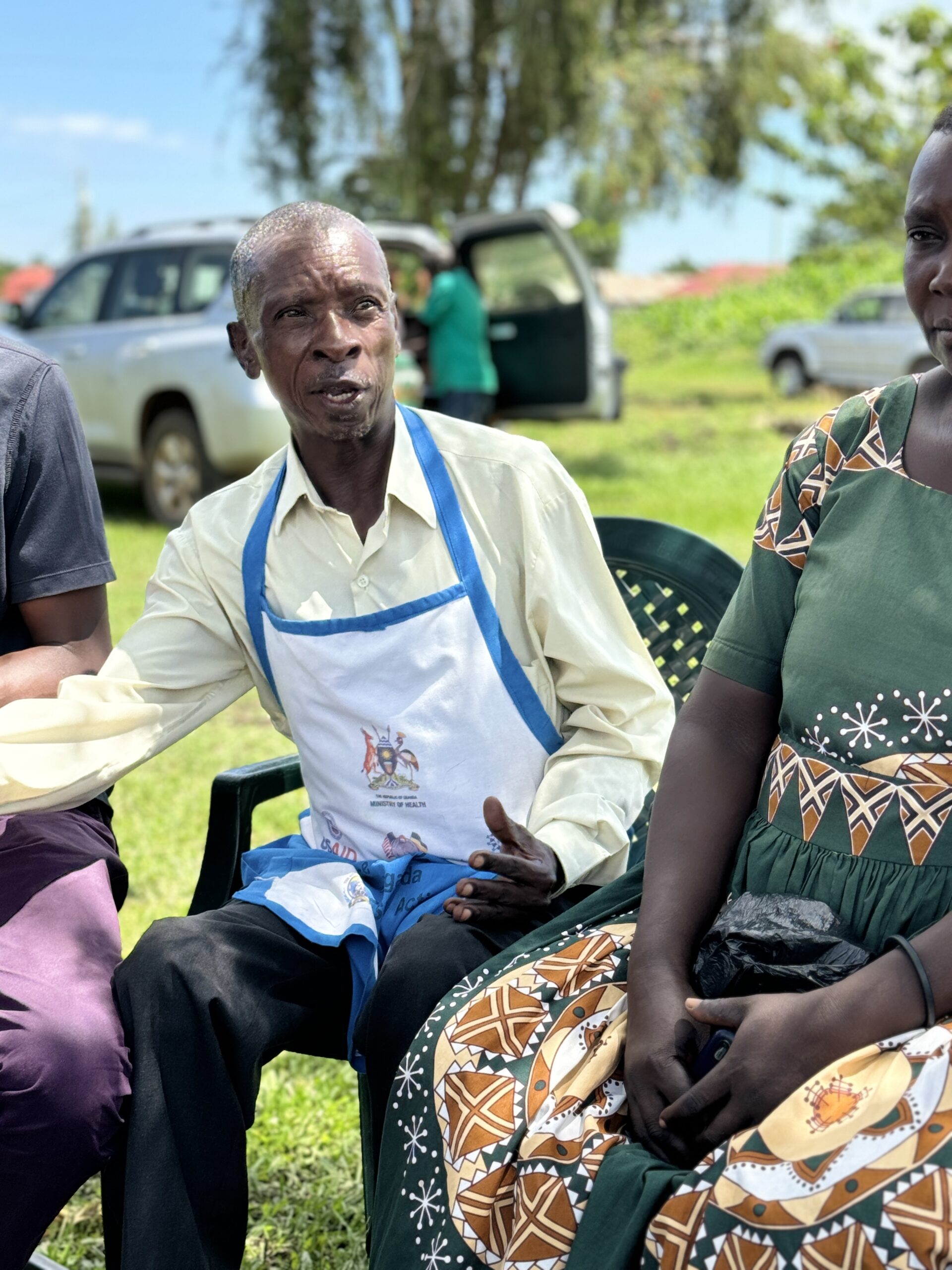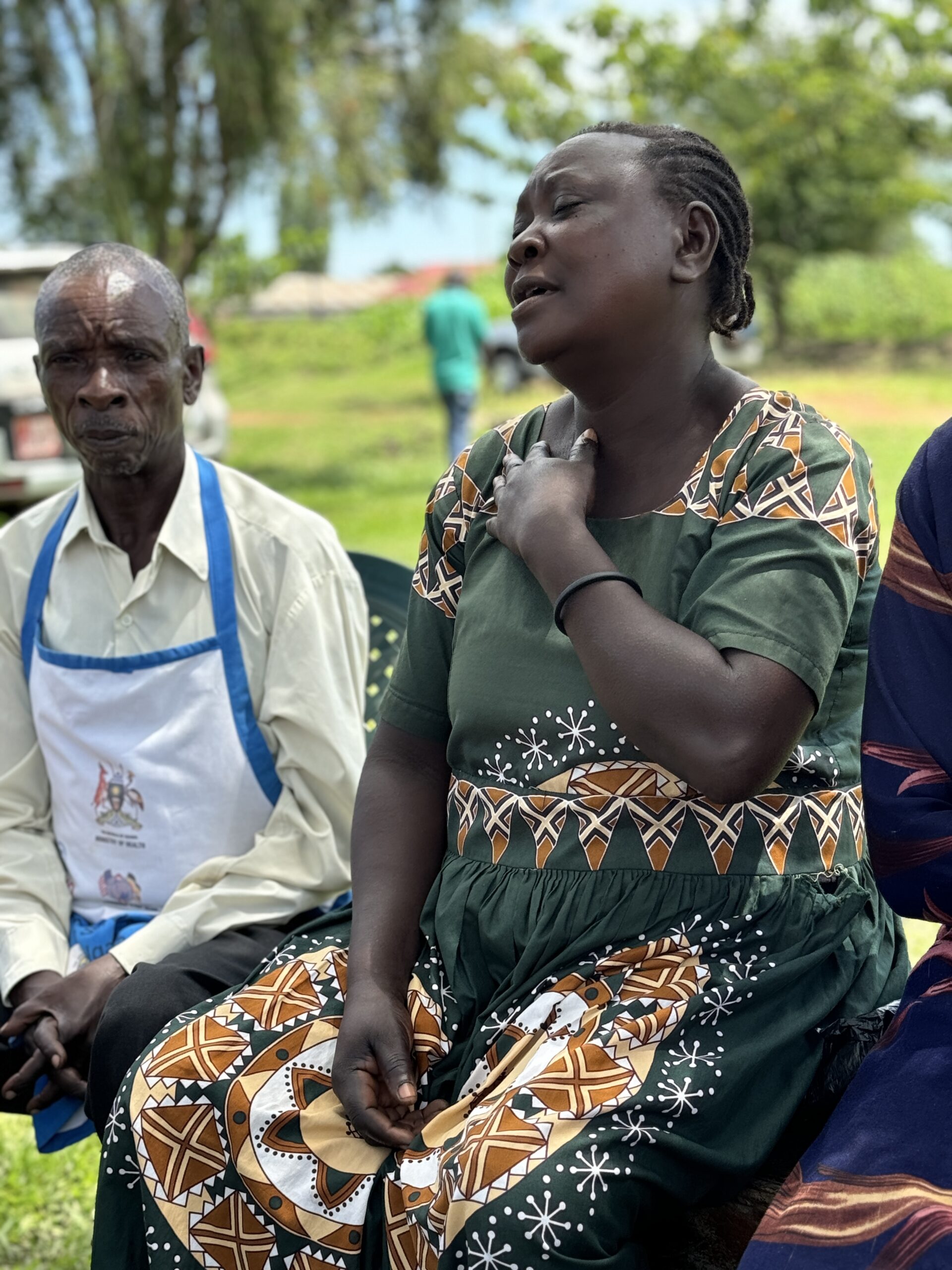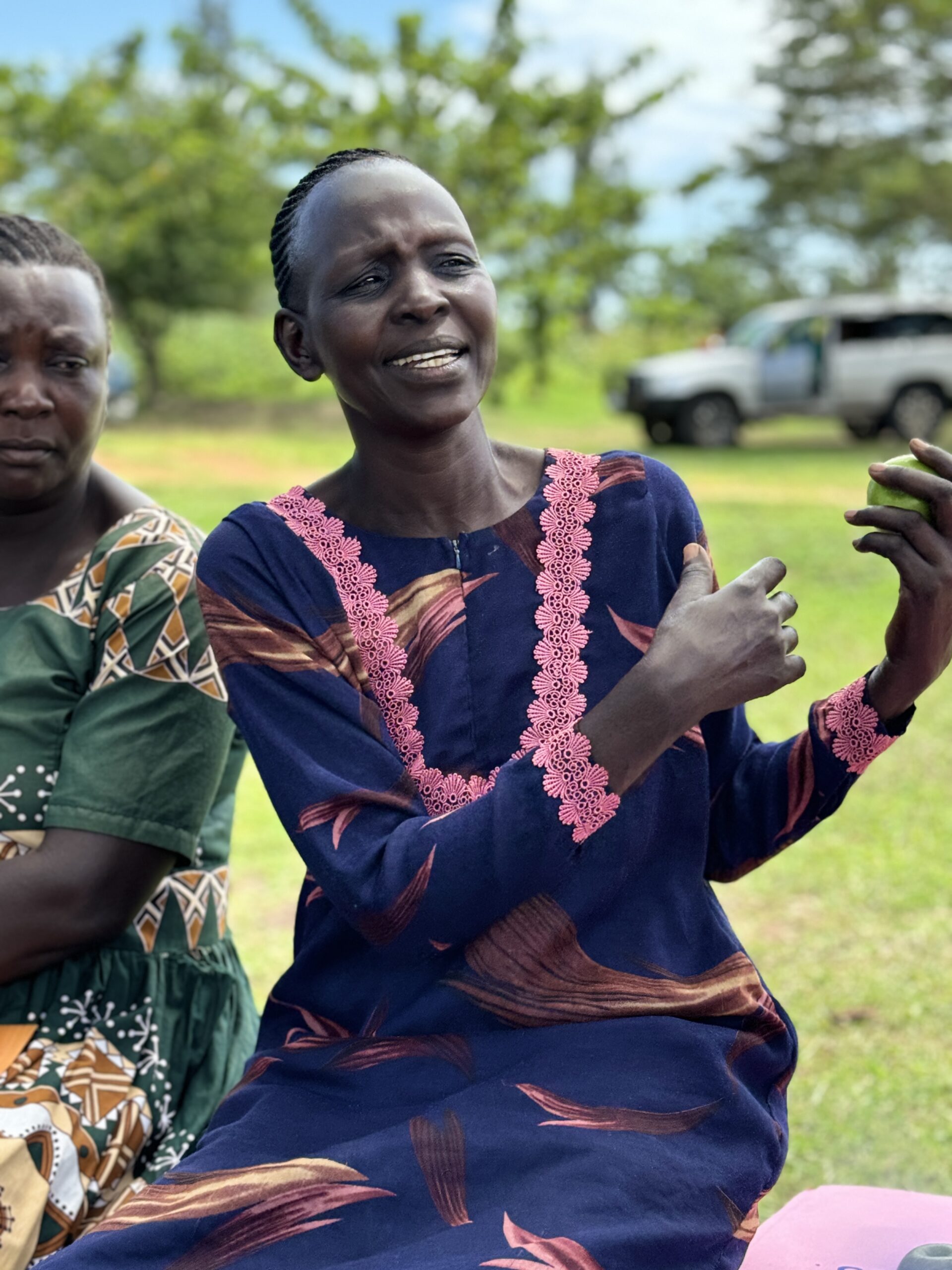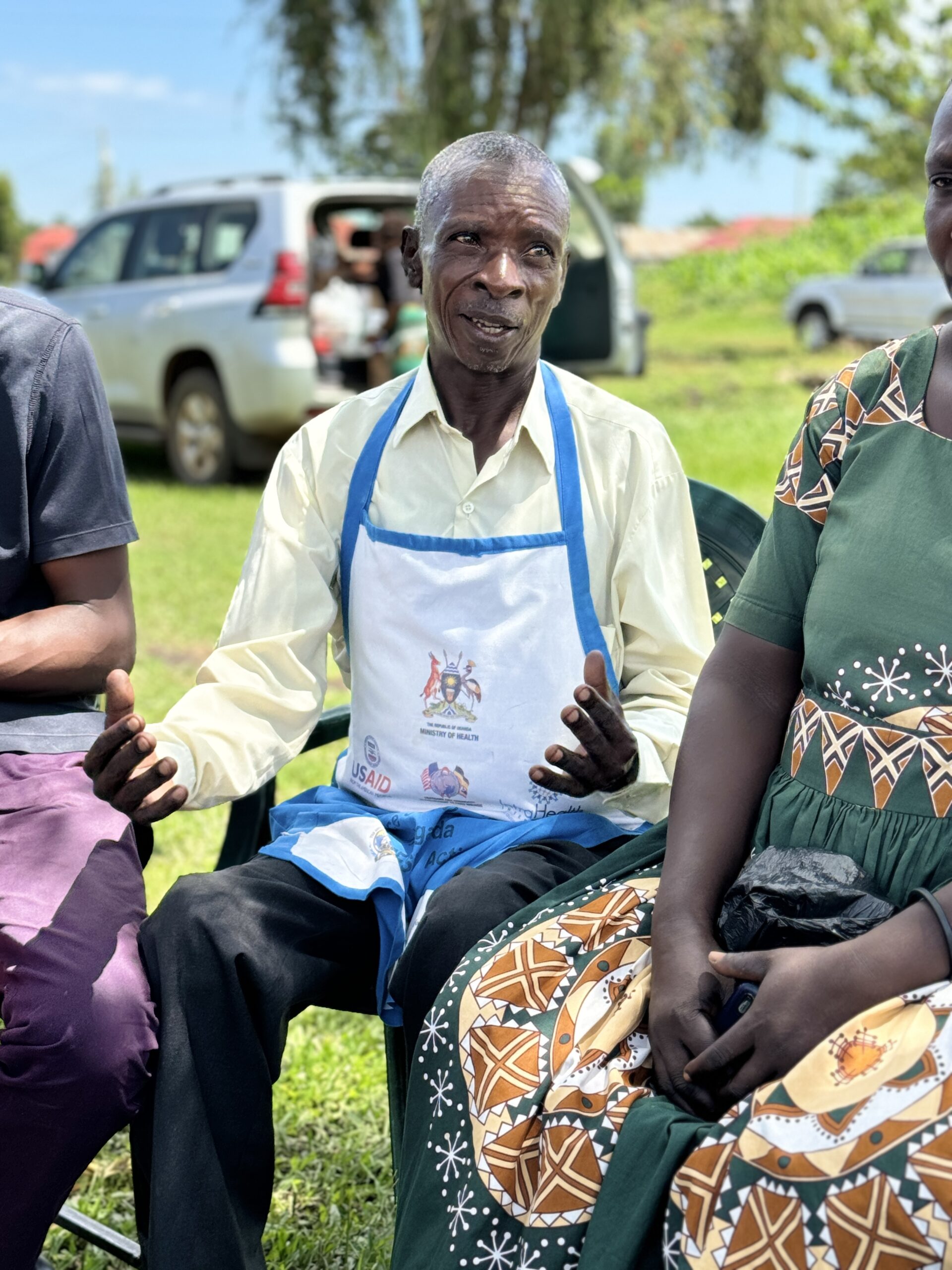Before the SBCA iDARE interventions in Malaba, the community faced significant challenges with Antiretroviral Therapy (ART) retention and antenatal care (ANC) attendance during the first trimester. Most pregnancies were managed by Traditional Birth Attendants (TBAs), who also handled some births. Malaba Health Center IV was generally avoided due to unfamiliar procedures and a lack of trust in modern medicine.
iDARE leverages local solutions for local problems, and in this case, the interventions capitalized on the community’s trust in TBAs by converting them into facility linkage mobilizers. These mobilizers channel local consultations to the health facility.

William, one such linkage facilitator, testified to having referred 20 clients in May 2024 alone. Sixteen of these clients consistently attended all their ANC appointments, while the other four traveled and attended ANC elsewhere. Through follow-up mechanisms like contact tracing, clients who move to other villages, districts, or regions are contacted via phone calls to ensure they continue attending their ANC appointments and adhere to ART.
Florence, another converted community linkage facilitator, has honed her skills in educating about the benefits of ANC, especially in managing health complications during pregnancy. Florence is also adept at identifying pregnant girls in her village through palpation and referring them to the health facility. She leverages her role in savings groups to help mothers whose daughters have become pregnant by referring them to Malaba HCIV.


Pedun Lucy has earned the trust of her community as a linkage facilitator and is often the first point of contact for pregnant girls. “Some boys approach me and say: ‘My girlfriend is acting funny these days, she doesn’t want to eat and vomits.’ Some girls come to me complaining that they are feeling cold,” Lucy narrated. She uses these opportunities to refer her community members to Malaba HCIV. Lucy also follows up with newborns to ensure proper cord care and supports those leaving town or the district to get long-term drug dispensing of ART and PrEP. She says many fail to come to the facility to pick up their ART because they haven’t disclosed their status to their partners. Lucy assists these individuals by delivering their drugs
and encourages couples to visit the facility for ANC so that they can both be tested and avoid the need to conceal their status.
Despite these successes, mobilizers face challenges, such as clients providing wrong numbers to avoid follow-up. However, some clients give relatives’ numbers, which helps in locating them for follow-up. Pregnancy stigma in the community remains a challenge, as girls and women often deny their pregnancy until giving birth. Nonetheless, Malaba HCIV has seen a steady increase in ANC attendance, now seeing over 30 clients a day. The facility is working to establish follow-up mechanisms for the community linkage facilitators.



